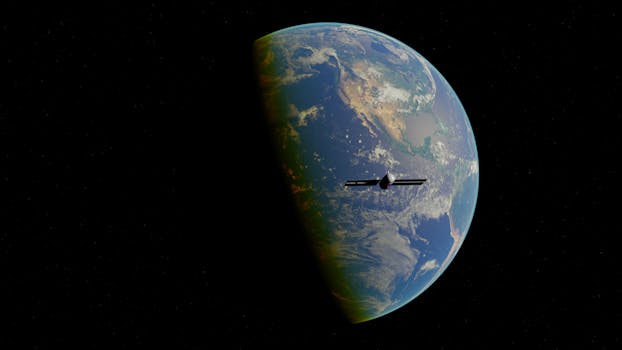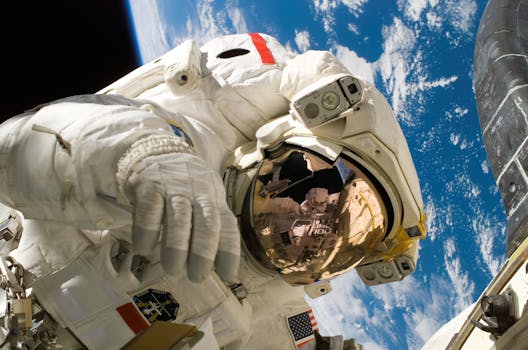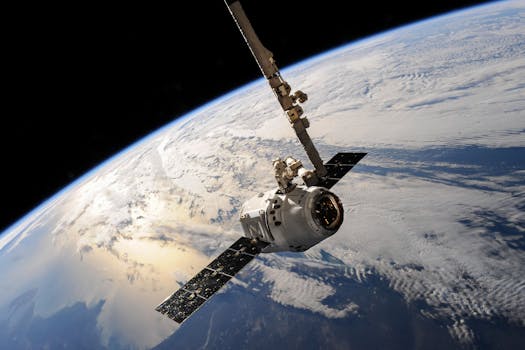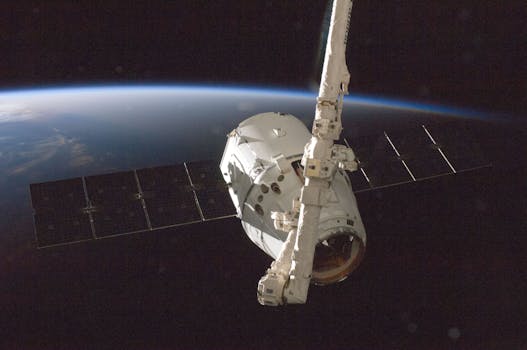
The Future of Satellites: Revolutionizing Global Connectivity
The future of satellites is expected to revolutionize global connectivity, enabling faster and more reliable communication services around the world. With the increasing demand for high-speed internet and communication services, satellites are playing a crucial role in providing connectivity to remote and underserved areas. In this article, we will explore the future of satellites and their potential to transform the way we communicate.
Satellites have been used for decades to provide communication services, but recent advancements in technology have made them more efficient and cost-effective. The launch of new satellite constellations, such as SpaceX’s Starlink and Amazon’s Kuiper Systems, is expected to increase the availability of satellite-based internet services. These constellations will provide high-speed internet connectivity to remote areas, enabling people to access online services and stay connected with the rest of the world.
Advancements in Satellite Technology

Recent advancements in satellite technology have made them more efficient and cost-effective. The development of new materials and manufacturing techniques has enabled the production of smaller and lighter satellites, which are easier to launch and operate. Additionally, the use of advanced propulsion systems, such as electric propulsion, has increased the fuel efficiency of satellites, enabling them to stay in orbit for longer periods.
The use of artificial intelligence and machine learning algorithms is also being explored to improve the performance of satellites. These algorithms can be used to optimize the operation of satellites, predict and prevent failures, and improve the overall efficiency of satellite-based systems. Furthermore, the integration of satellites with other technologies, such as the Internet of Things (IoT) and 5G networks, is expected to enable new applications and services.
Applications of Satellites

Satellites have a wide range of applications, from communication and navigation to weather forecasting and earth observation. The use of satellites for communication purposes is expected to increase, with the launch of new satellite constellations and the development of new technologies, such as satellite-based 5G networks. Satellites will also play a crucial role in the development of autonomous vehicles, enabling them to navigate and communicate with other vehicles and infrastructure.
The use of satellites for earth observation is also expected to increase, with the launch of new satellites designed to monitor the environment and track climate change. These satellites will provide valuable data and insights, enabling scientists and policymakers to make informed decisions about the management of natural resources and the mitigation of climate change.
Challenges and Opportunities

Despite the many benefits of satellites, there are also challenges and opportunities that need to be addressed. One of the main challenges is the risk of space debris, which can pose a significant threat to the operation of satellites and other space-based systems. The development of new technologies and strategies for mitigating space debris is essential to ensuring the long-term sustainability of space-based systems.
Another challenge is the need for international cooperation and regulation. The use of satellites is a global phenomenon, and it requires international cooperation and agreement on issues such as frequency allocation, orbital slots, and liability. The development of new international regulations and standards is essential to ensuring the safe and responsible use of satellites.
See more:





